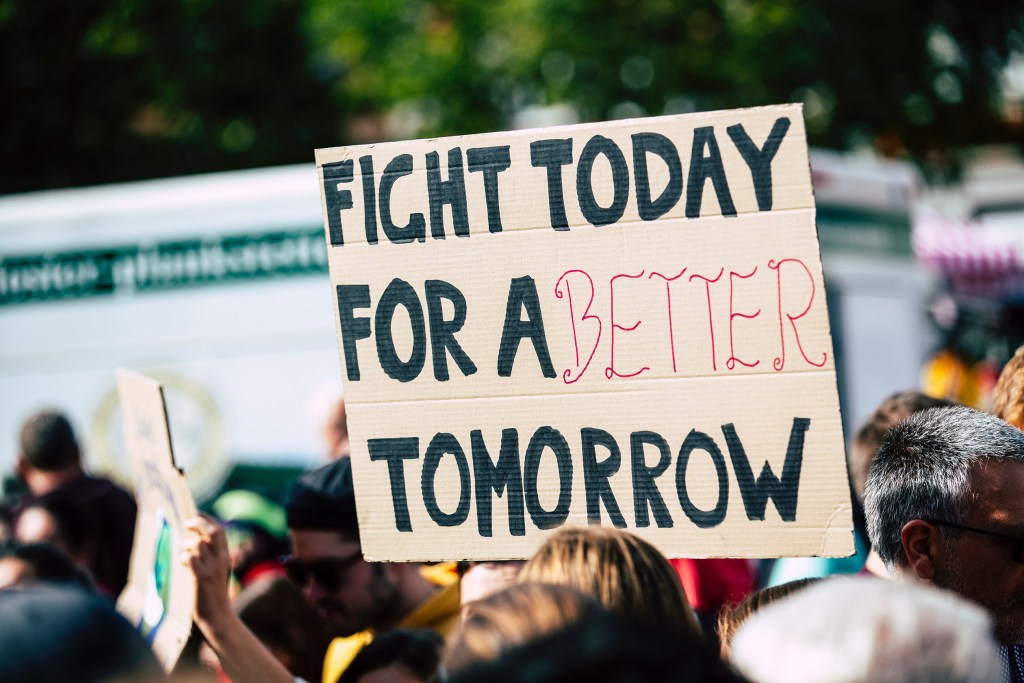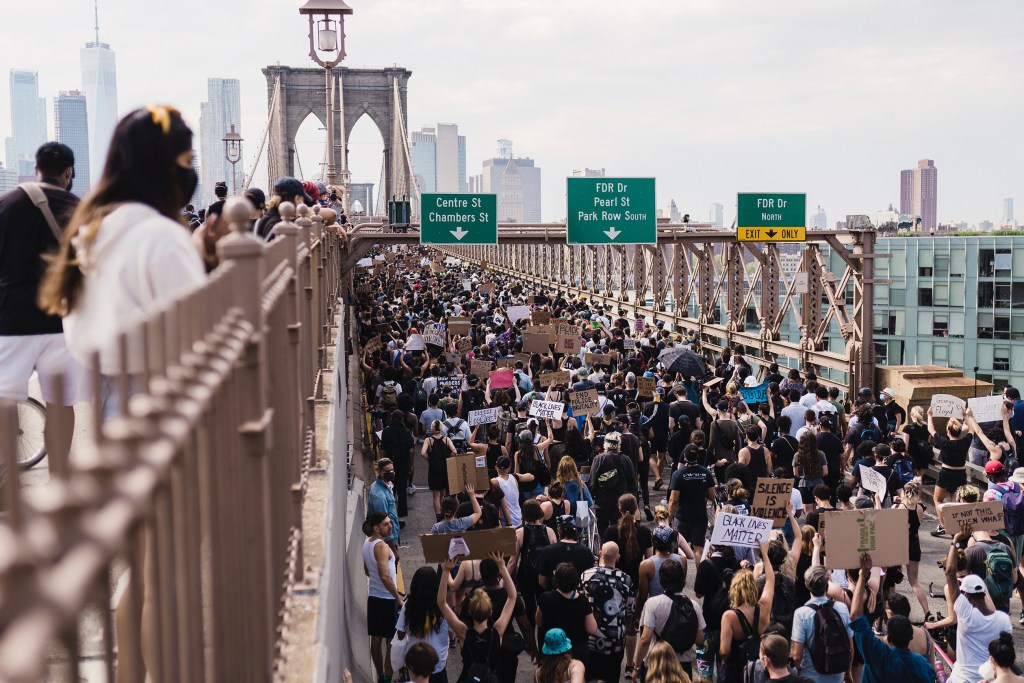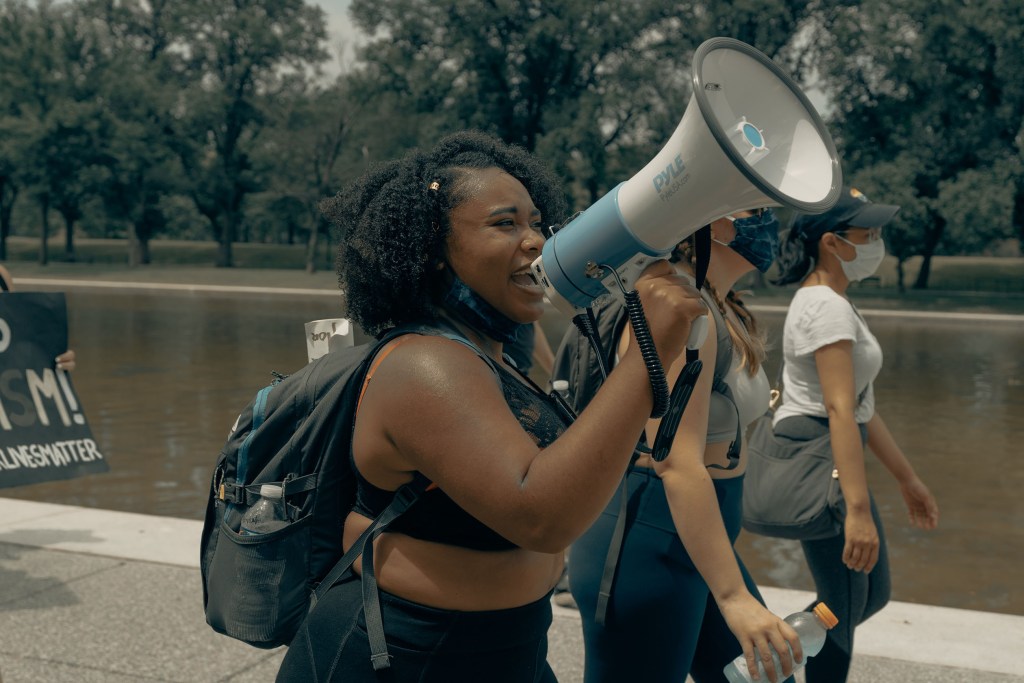If you’ve only seen a protest on the news or in movies, it’s almost impossible to know what it’s really like to take part. Simply put, a protest is an event where people gather to express their views about a societal ill. These events can have many goals and many different ways of reaching those goals. But why do people protest? And do protests really work? If you are curious to learn more about this sort of activism, read on.

Why do protests happen?
In the words of Martin Luther King Jr, “a riot is the language of the unheard.” Protests happen when people want to bring attention to a social issue or can no longer endure an injustice. Though the specific events that lead to a rally vary from situation to situation, the primary motivators are often the same. However, researchers from the Netherlands believe there are five main reasons why people protest.
• Grievances: people are upset about something and demand a change
• Efficacy: the belief that policy or societal conditions can be improved
• Identity: if someone identifies with a group, they are more likely to participate in demonstrations that support the group
• Emotions: feelings, like anger, prompt people to act
• Social embeddedness: people unite as a group to protest shared grievances
These factors inspire people to mobilize and take to the streets for a common goal.

What can protests accomplish?
The overarching objective of protesting is to enact change. Many of the civil and human rights protections we enjoy today would not exist without protests of the past. There are countless goals a demonstration can hope to accomplish. They can:
• Sway public opinion
• Spread awareness of an injustice or issue
• Build broader support for a cause
• Advocate for a public policy or legislation change
• Connect people who feel passionately about a cause
• Allow people to share their truths, listen to others, and learn
Protests are just one of the ways people can engage in activism in their communities. And while this action typically attracts a great deal of media attention, it is only the start of the actual work. In fact, a study by economists from Harvard University and Stockholm University found that protests do have a major effect on politics. This impact is not because they show policymakers that many people support an issue but rather because it motivates people to become more politically involved.

How to make protests even more effective
While protesting can be a valuable tactic for change, it takes work and continual action to be truly effective. Here are a couple of tips to make your protest more successful.
Have a clear message
For a protest to accomplish its goals, it must be crystal clear to demonstrators and bystanders alike what is being protested and what change is desired. If you’re planning an event, be sure to iron out the specifics of your messaging so you can gain support and enact real change.
Turn talk into action
The emotion, energy, and the sheer number of people at a protest can feel electric. But to continually enact change, that momentum must be channeled into other effective activism tactics. A rally is just a piece of the process; continual steps like boycotts engaging policymakers, writing to local, state and national leaders, and other activities will keep people engaged until the desired change occurs.
Be proactive
Protests don’t only need to take place in reaction to events; they can also be proactive. In fact, demonstrations, where protestors attempt to prevent an action from occurring, can prompt more change than reactive ones. Proactive events can be more successful because more planning goes into them, with clearer messaging and demands and more time to get people interested and involved.
Overall, protesting is an effective way to prompt change and make a difference in the world. People have their own reasons for protesting. Whether they’re motivated by emotion or a genuine belief in the cause, protesters can have a huge impact on public opinion. Protests help gain support for worthy causes, connect people with fellow activists, and advance public policy. With a clear message and proper planning, protests can be a true force for good in our society.



